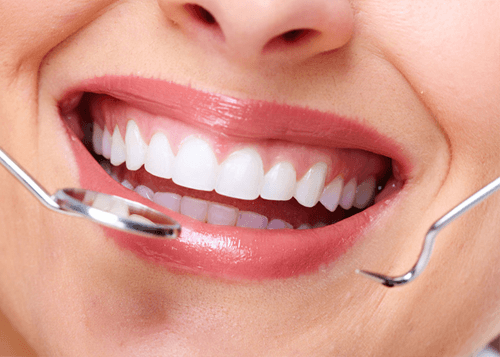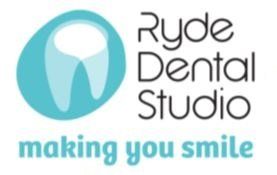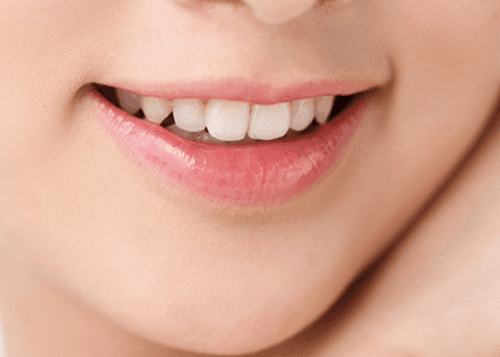Gum disease management
Gum disease (periodontal disease) management needs a rigorous programme of evaluation and disease control in order to minimise its effect on the mouth and body. The biggest reason for tooth loss in the modern world is periodontal disease and not tooth decay. Periodontal disease has also been found to have links with heart disease, strokes and other systemic diseases.
Our hygienists aid in developing and managing individual periodontal disease management programmes to ensure positive outcomes for our patients.
If you would like more information call us today on
01983 611 411

For more information on caring for your gums
call 01983 611 411
The causes of gum disease
- Hormonal changes, such as those occurring during pregnancy or puberty can make gums more sensitive allowing the possibility of gingivitis to develop
- Illnesses may affect the condition of your gums
- Diabetes affects the body's ability to use blood sugar; patients with diabetes are at higher risk of developing infections including periodontal disease
- Medications can affect oral health; some medications can cause abnormal growth of gum tissue
- Bad habits such as smoking make it harder for gum tissue to repair itself
- Poor oral hygiene habits such as not brushing on a daily basis, make it easier for gingivitis to develop
- Family history of dental disease can be a contributing factor

What are the symptoms of gum disease?
Gum disease may progress painlessly, producing few obvious signs even in the late stages of the disease. Certain symptoms may present themselves including:
- Gums that bleed during and after tooth brushing
- Red, swollen or tender gums
- Persistent bad breath or bad taste in the mouth
- Receding gums
- Formation of deep pockets between teeth and gums
- Loose or shifting teeth
- Changes in the way your teeth fit together upon biting down, or in the fit of partial dentures.
Even if you don't notice any symptoms, you may still have some degree of gum disease. If we spot any signs of gum disease during a check-up we will let you know and discuss possible treatments with you.
Professional dental cleaning
During a typical check-up we will remove the plaque and tartar (plaque that builds up and hardens on the tooth surface and can only be removed with professional cleaning) from above and below the gum line of all your teeth. If you display signs of gum disease, we may recommend dental cleaning more than twice a year.
Scaling and root planing
This is a deep-cleaning, non-surgical procedure whereby plaque and tartar from above and below the gum line are scraped away (scaling) and rough spots on the tooth root are made smooth (planing).
Smoothing the rough spots removes bacteria and provides a clean surface for the gums. Scaling and root planing will be suggested if we determine that you have plaque and / or calculus (hardened plaque, also called tartar) under the gums that needs to be removed.



